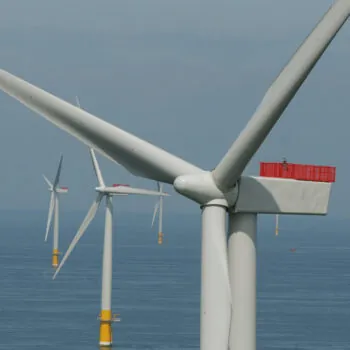Politicians and leaders of energy companies both face a major choice regarding market reform over the coming months. In an article published in New Power magazine, E3G’s Simon Skillings sets out the key choices at stake for government and for business.
On the one hand there is the potential to ‘muddle through’ with incremental changes. However, there is also the possibility to seriously explore how the market might be designed to genuinely underpin the transformation through to decarbonisation and the new business opportunities that will arise.
Bells and whistles
For government, the key question concerns the durability of a newly reformed power market. The coalition agreement spells out a series of, apparently quite clear, reform measures. Nevertheless, there is a rather stark choice facing ministers and one that needs to be addressed before the autumn: are we creating a market framework that can endure for several decades and form the bedrock upon which a decarbonised power system can emerge? Or are we merely adding a few bells and whistles to the current system that may underpin the next wave of investment but will mean, in all likelihood, we will be back considering market design again within, say, five years?
For business, the key choice is how to engage with the reform process. On the one hand, there is the desire to minimise the potential for ongoing regulatory and policy change by ensuring that a new market framework is introduced that can credibly survive the transformation to decarbonisation. However, there is a chance that this will involve a major change to the market risk landscape and render current business models obsolete. On the other hand, it is tempting to focus on short term business targets and try to negotiate piecemeal changes to the market that make it easier to justify current investment plans to the capital markets, albeit in the knowledge that significant ongoing policy risks remain.
Neither way forward can or should be viewed as the ‘easy’ choice.
The full article as published in New Power Magazine is available to download above.



